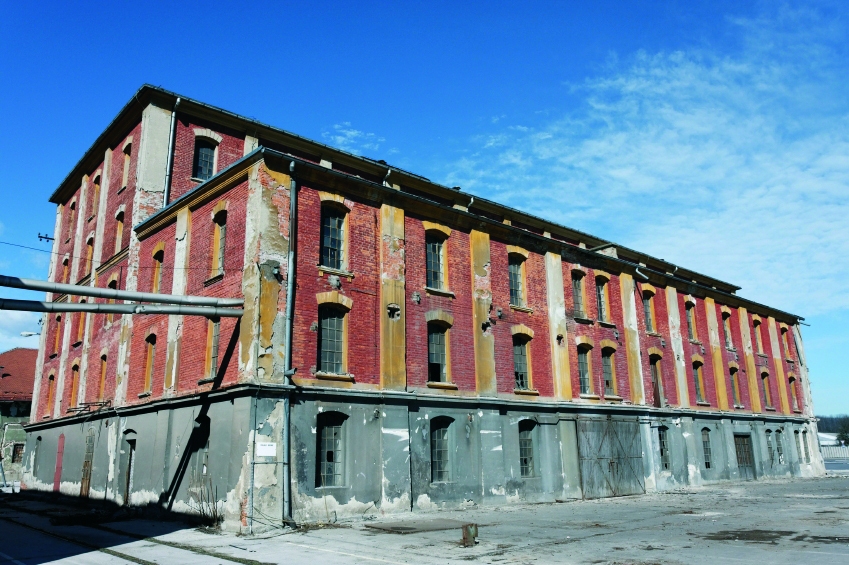VAT and commercial property: when is a building not a building?
If something looks like a building and is used like a building - indeed if it does exactly the same thing as an old condemned building next door - surely it too must be a building? Not it seems, in the strange and devious world of VAT…
The Court of Session has just issued a decision (SiBCAS ltd.) in which it was asked to consider what a building is when it comes to charging VAT. The facts were these – SiBCAS provided a school with temporary accommodation to replace a number of condemned buildings right next door. The temporary blocks were built from prefabricated units (66 of them) over two floors with access ramps and landings between the units. The SiBCAS building was fixed to the ground with proper foundations, was fully serviced and was used in exactly the same way as the old building it replaced – as classrooms filled with smiling schoolchildren…
Since, to all intents and purposes, the temporary accommodation had both the form and function of a building, then surely it should be treated as such for VAT purposes? That’s certainly what HMRC thought – SiBCAS’s income from the “building” was VAT exempt.
This matters because receiving exempt income could impact on SiBCAS’ ability to recover VAT.
Unsurprisingly, SiBCAS took a different view – it’s not a building, they said, what we’ve provided is a collection of 66 moveable units which we put up and, in due course take down and move elsewhere. We’ve charged VAT and we were right to do so.

As is the way when taxpayer and HMRC disagree, the case found its way into the courts – not once, but three times. At the first hearing, the Tribunal agreed with SiBCAS – VAT was due. On appeal, however, the Upper Tribunal agreed with HMRC – it looks like a building, they said, it’s fixed to ground and although it might be temporary and moveable, it takes a lot of effort to shift it – just like any other building…so the income from it is exempt.
On to the Court of Session then. The judges agreed that this was indeed a building. However, that alone didn’t mean SiBCAS’s income from the building was exempt from VAT. The Court pointed out that the VAT exemption applied to the granting of rights over or interests in land (which includes buildings). Is this what SiBCAS did? No, said the judges – what SiBCAS did was manufacture, supply, put up and take down the units – there was no lease or license granted to the school and therefore no exemption – SiBCAS were right to charge VAT.

So what can we take from this decision? For suppliers of temporary or modular accommodation, the Court of Sessions has provided excellent guidance on when VAT should and should not be charged. For the rest of us, the decision confirms yet again that in the world of VAT, things are often not what they first seem…
